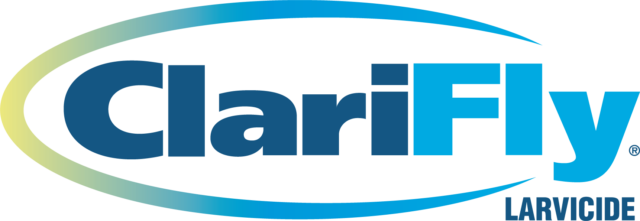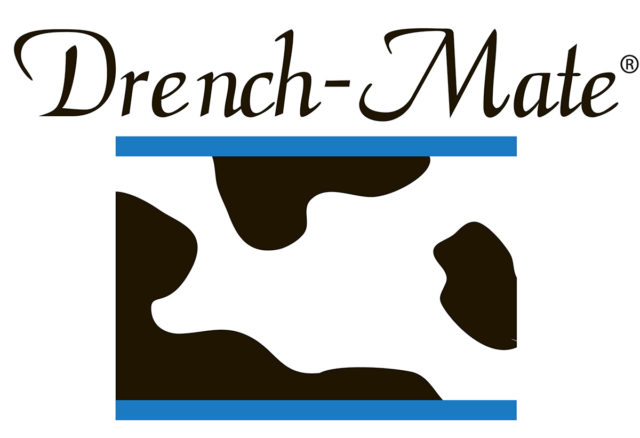I’ve been a pretty open book regarding my struggles with anxiety and depression over the years, especially regarding how they intertwine with my vocation as a dairy farmer. As the conversation surrounding mental health and suicide awareness in our industry continues to add voices and gain traction, I’m filled with pride and awe at the brave individuals coming forward to speak their truths.
I’ve also got even more questions – not so much because I’ve got all the answers (I definitely don’t) but because I want to hear what other people think. We all know that the often solitary nature of our work and living in far-flung locales can be a contributing factor to rising rates of anxiety and depression among our peers; being alone with your thoughts day in and day out can be hazardous, particularly when times are tough.
We also know, or at least hear all the time from various farm organizations and checkoff groups with good intentions, that we’re all in this together. My next question is this: If we’re supposedly all in this together, then why do so many of us feel alone and unseen out here in the barns and fields?
I don’t have the answer, but a good place to start might be a gut check on how we use social media to interact with each other. For the majority of farmers (and the rest of the world during a pandemic), social media may be the only interaction they have with other people outside of family and employees on a daily basis.
People are quick to share good stuff with family and friends, particularly during a time when we’re gathering with loved ones less frequently. However, most of the content on Facebook and Instagram (Twitter is an animal all its own) is rarely more than a gilded veneer that doesn’t show what happens between posts, and both sites can be dangerous traps that allow us to fall into rabbit holes of self-comparison.
We all know in our heads that other farmers have problems similar to what we might be facing on our own farms, but when we don’t see or hear about them, it’s harder to get that message through to our hearts. In addition, when we know everyone else is having a hard time with one thing or another, some of us may wonder why we should bother adding our problems to the world’s collective public misery. It’s easier for us to throw ourselves into our work than to have difficult conversations about the things that eat us alive from the inside.
A dose of reality from time to time, or the “real reel,” as the kids call it, might remedy the issue or at least bring some balance back to the force. I’m not saying we need to share every god-awful thing that happens on our farms, but we could all benefit from more honesty and vulnerability from each other.
Sure, reading about someone else’s down cow, sick calf, breakdown might not offer any tangible aid to what we might be dealing with. However, knowing we are far from alone in dealing with problems does balm the soul a bit – and might even start a new friendship if we talk to one another about said issues and exchange ideas on how to improve and move forward.
Furthermore, farmer spaces on social media could use a little more kindness and respect. Everyone experiences stress and adversity differently, and someone’s typical day could be someone else’s top 10 worst day of their career. All too often, when someone decides to share some of the unpretty things that happen on a farm, some of the meanest comments aren’t from animal agriculture skeptics but from fellow farmers talking about how they’re doing it wrong, not doing enough, milking too many/too few cows, or looking for attention. Creating divisions helps exactly no one, and fostering animosity only adds to the isolation and pain the person sharing is likely already feeling.
I understand the reluctance to be vulnerable and bare all on social media, especially when you consider that animal rights activists (and, unfortunately, other farmers) could attack at any time. I also have another question: Has our fear of people we don’t like and the desire to keep them at bay contributed to a lack of transparency on social media? To a degree, I think it does.
However, we owe it to each other and ourselves to look past the highlight reel and open up about some of the thieves in the night and the skeletons in the closets that steal our peace and keep us awake all night. Putting yourself out there takes boldness and a willingness to be uncomfortable. There is valor in vulnerability, and daring to be soft and emotional when we’ve been tasked all too often with being stoic and stubborn is a difficult task. If our realities help just one person feel less alone, and our real talk talks a person off the ledge, then it’s worth our while.
Mental health resources:
- National Suicide Prevention Lifeline: (800) 273-TALK (8255)
- Crisis Text Line: text GO, HELLO, or TALK to 741741




